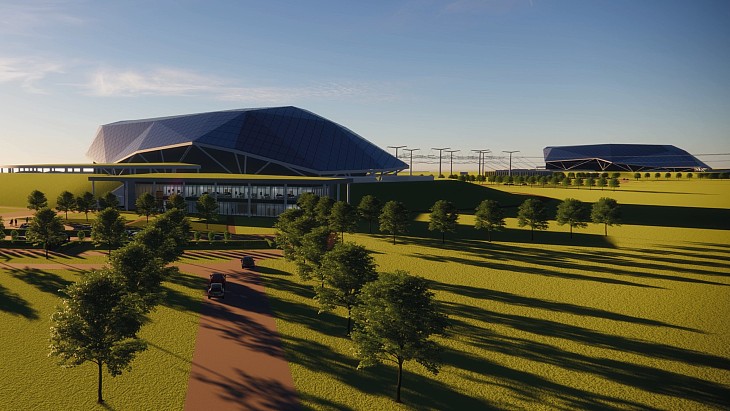A Memorandum of Understanding between the national nuclear science and technology organisation and the Vancouver-based company will see them collaborate on projects in areas including feasibility studies, regulatory framework, power plant siting and deployment, infrastructure design, and testing and operations support. The overall aim is to develop fusion energy research capabilities within CNL to support the goal of constructing a General Fusion commercial power plant in Canada before 2030, they said.
"As Canada's national nuclear laboratory, it is our priority to spur innovation and economic development by working alongside companies who are advancing ambitious new technologies that are in the national interest," CNL President and CEO Joe McBrearty said, adding that CNL will apply "all of our expertise and resources to help bring [General Fusion's] technology to life here in Canada".
General Fusion CEO Greg Twinney said the partners are "strengthening the Canadian fusion industry and making progress on the path to supplying commercial fusion power to the electricity grid within a decade".
General Fusion's Magnetised Target Fusion technology involves injecting hydrogen plasma into a liquid metal sphere, where it is compressed and heated so that fusion occurs. The company is building a demonstration plant at the UK Atomic Energy Agency's Culham Campus in England, which it says will validate the performance and economics of the technology prior to the construction of a pilot commercial power plant.
The collaboration will leverage the capabilities of CNL's Chalk River Laboratories - which can boast extensive expertise in the development of next-generation nuclear technologies in addition to having some of the world's most advanced laboratories, facilities, and testing equipment for clean energy research, and builds on previous work under CNL's Canadian Nuclear Research Initiative. This work included using CNL's state-of-the-art Tritium Facility to develop technologies to extract tritium for use in future fusion power plants.
"If we are to limit the consequences of climate change in Canada and around the world, then we need to pursue every clean energy solution that is available to us," said CNL Vice-President of Science and Technology Jeff Griffin. Fusion has "incredible potential to serve as one of these clean energy solutions" and has become a growing focus of CNL's research, he added.

.jpg)



_19544_40999.jpg)


_66668.jpg)





